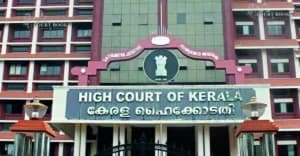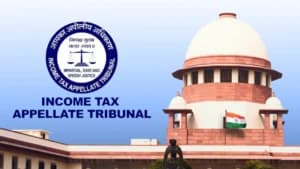The Calcutta High Court has amended its Appellate Side Rules, allowing single judges to hear most bail applications. This change, which comes after criticism from the Supreme Court, will take effect from April 1, 2025.
The amended Rule 9(2)(ii) now states:
"All bail applications at the pre-conviction stage, anticipatory bail applications, cancellation of bail applications unless otherwise prescribed by statute; shall be heard by a Single Judge."
This amendment aligns the Calcutta High Court’s practices with other High Courts across India, where single judges typically handle such matters.
Read Also:- Bombay High Court Criticizes Nagpur Civic Body Over Demolition of Accused's Homes in Communal Violence Case
The Supreme Court, in a bench comprising Justice Abhay Oka and Justice Ujjal Bhuyan, had earlier raised concerns about the Calcutta High Court’s practice of listing bail applications before division benches. The Court pointed out that this caused unnecessary delays and was inconsistent with the procedures followed elsewhere.
Following the Supreme Court’s observations, the Calcutta High Court revised its rules. However, certain serious cases will still be heard by a division bench, including:
- Appeals or references involving death sentences.
- Cases with rigorous imprisonment exceeding seven years.
- Appeals against acquittals where the sentence could be death, life imprisonment, or imprisonment over seven years.
Background of the Amendment
Previously, Rule 9(2) required division benches to hear bail applications in serious cases, including those under special laws like the Terrorist and Disruptive Activities Act (TADA), Narcotic Drugs and Psychotropic Substances Act (NDPS), and the Foreign Exchange Regulation Act (FERA).
The Supreme Court had expressed dissatisfaction over the delay in amending the rule, noting that the proposal had been pending for 12 years. On February 20, 2025, the Full Court of the Calcutta High Court resolved to amend the rule but referred it to the Rule Committee for drafting, causing further delay.
The change is expected to reduce the backlog of cases and expedite bail hearings. According to data submitted by the Registrar General-in-Charge, over 11,000 bail applications (regular and anticipatory) were filed in 2024 alone. With single judges now handling most bail applications, the process is likely to become faster and more efficient.
Case no. – Mahatab Ali v. State of West Bengal & Anr.
Case Title – Special Leave Petition (Criminal) No. 1474/2024















